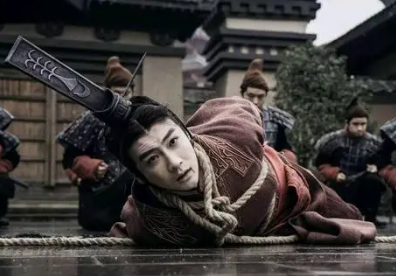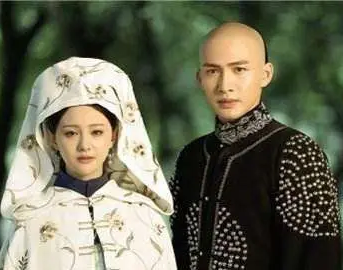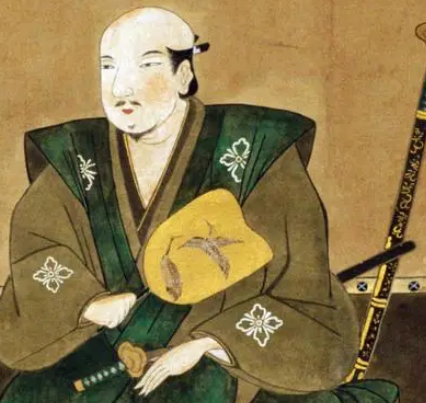In the history of China, Zhu Geliang, as the chancellor of the Shu Han dynasty and an outstanding military strategist and politician, has been praised by later generations. However, the records of his three disciples are rarely known. Based on the available information, this article will explore the abilities and achievements of Zhu Geliang's three disciples: Ma Su, Jiang Wei, and Pang Tong.

Firstly, Ma Su was one of Zhu Geliang's favorite disciples. He was renowned for his talent and had served under Zhu Geliang. However, in the Battle of Jie Ting, Ma Su's overconfidence led to a crushing defeat for the Shu army, ultimately resulting in his execution by Zhu Geliang. Although Ma Su made numerous mistakes in this battle, it cannot be denied that he had made significant contributions to the Shu Han dynasty in other periods. Therefore, Ma Su's abilities among Zhu Geliang's disciples were inconsistent.
Secondly, Jiang Wei was another important disciple of Zhu Geliang. He demonstrated exceptional military talent and had launched several northern expeditions, posing significant pressure on the Cao Wei dynasty. Although he ultimately failed to achieve the goal of unifying the Central Plains, Jiang Wei exhibited remarkable command abilities and firm beliefs in war. Among Zhu Geliang's three disciples, Jiang Wei's abilities were considered the most outstanding.
Lastly, Pang Tong was a friend and disciple of Zhu Geliang in his early years. He had assisted Liu Bei in establishing the Shu Han dynasty and provided valuable strategic advice. However, Pang Tong was unfortunately killed in the Battle of Baidi City, preventing his talents from being fully utilized. Despite this, Pang Tong's political and military insights were still praised by later generations.
In conclusion, Zhu Geliang's three disciples, Ma Su, Jiang Wei, and Pang Tong, each had their own strengths. Although Ma Su made mistakes in the Battle of Jie Ting, he had achieved accomplishments in other periods; Jiang Wei stood out as the most talented among Zhu Geliang's disciples with his exceptional military abilities and firm beliefs; and although Pang Tong died young, his political and military insights still had an impact. These three disciples demonstrated different talents in their respective fields and made contributions to the development of the Shu Han dynasty.
Disclaimer: The above content is sourced from the internet and the copyright belongs to the original author. If there is any infringement of your original copyright, please inform us and we will delete the relevant content as soon as possible.






























